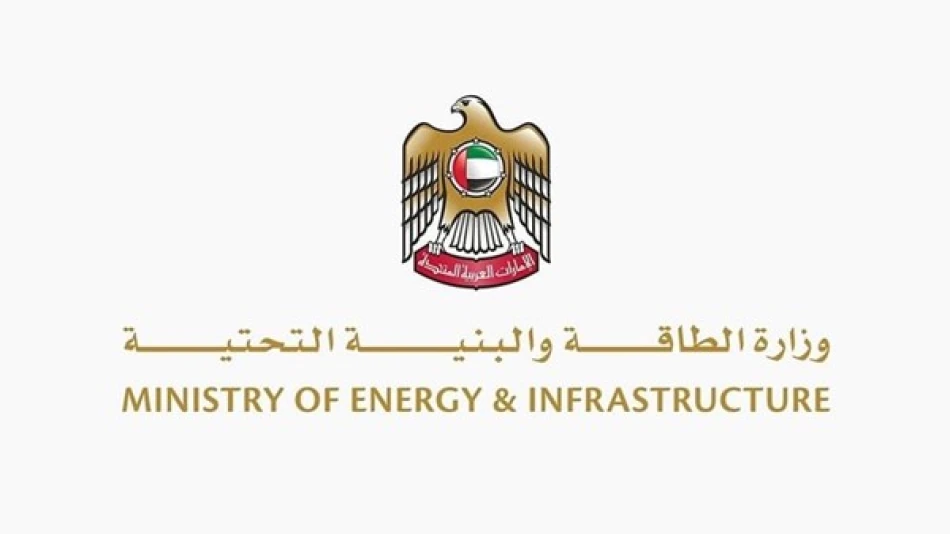
Ministry of Energy and Infrastructure Releases Critical Advisory
UAE Infrastructure Overhaul Continues: Major Dubai Highway Closure Signals Broader Development Push
The UAE Ministry of Energy and Infrastructure will close a critical highway junction connecting to Dubai for 52 hours this weekend, redirecting thousands of daily commuters as part of an accelerating infrastructure modernization campaign. The closure of the collector-distributor road at Al Badi intersection represents another phase in the Emirates' multi-billion dollar effort to future-proof its transportation networks amid rapid population growth and economic diversification.
The Closure Details
Starting Saturday, August 2nd at 1:00 AM and continuing until Monday, August 4th at 5:00 AM, the collector-distributor road at Al Badi intersection heading toward Dubai on Emirates Road will be completely shut down. Traffic will be rerouted to Al Houshi Bridge on Maliha Road's westbound direction.
The Ministry announced the closure through its official X platform account, emphasizing that the disruption forms part of broader developmental works in the region. The timing—beginning in the early morning hours of a weekend—suggests authorities are attempting to minimize economic impact while maximizing construction efficiency.
Strategic Infrastructure Investment Context
UAE's Transportation Transformation
This closure reflects the UAE's systematic approach to infrastructure modernization, following similar patterns seen in Singapore and South Korea where governments prioritize short-term disruptions for long-term capacity gains. The Emirates has allocated over $13 billion for transportation infrastructure through 2030, with particular focus on inter-emirate connectivity.
Emirates Road serves as a crucial artery connecting Dubai to the northern emirates, handling an estimated 180,000 vehicles daily during peak periods. Any improvements to this corridor directly impact the UAE's economic efficiency, as approximately 40% of the country's workforce commutes between emirates for employment.
Economic Implications for Businesses
The weekend timing suggests sophisticated traffic modeling by authorities, similar to approaches used in major infrastructure projects in London and Tokyo. However, logistics companies and weekend retail businesses should expect operational challenges, particularly given the UAE's Thursday-Friday weekend shift that has increased Saturday commercial activity.
Supply chain managers should note: Alternative routes through Sharjah and Ajman may experience 25-30% increased traffic volumes, potentially adding 15-20 minutes to delivery schedules during the closure period.
Broader Development Strategy
Population Growth Pressures
The UAE's population has grown 65% since 2010, with projections indicating continued expansion through 2030. This demographic pressure, combined with Vision 2071's economic diversification goals, necessitates infrastructure investments that can accommodate both current congestion and future demand.
Unlike reactive infrastructure policies seen in some developing economies, the UAE's proactive approach mirrors successful models from countries like Denmark and the Netherlands, where governments invest in transportation capacity before reaching critical bottlenecks.
Regional Competitive Positioning
These infrastructure investments serve dual purposes: addressing immediate capacity constraints while maintaining the UAE's competitive advantage as a regional business hub. Saudi Arabia's NEOM project and Qatar's post-World Cup infrastructure legacy create regional pressure for continued transportation excellence.
The strategic calculus is clear: Short-term inconvenience from closures like this weekend's maintains the UAE's reputation for world-class infrastructure that attracts international businesses and tourism.
What This Means Moving Forward
This closure likely represents one phase of a multi-year upgrade program for Emirates Road, suggesting residents and businesses should prepare for additional planned disruptions through 2025. The Ministry's use of social media for real-time communication indicates a more transparent approach to infrastructure management, learning from public relations challenges faced during previous major projects.
For investors and urban planners, the UAE's willingness to undertake significant infrastructure disruptions during peak development periods demonstrates confidence in long-term economic growth projections. This approach contrasts sharply with countries where political considerations often delay necessary infrastructure maintenance, ultimately creating larger economic costs.
Most Viewed News

 Layla Al Mansoori
Layla Al Mansoori






